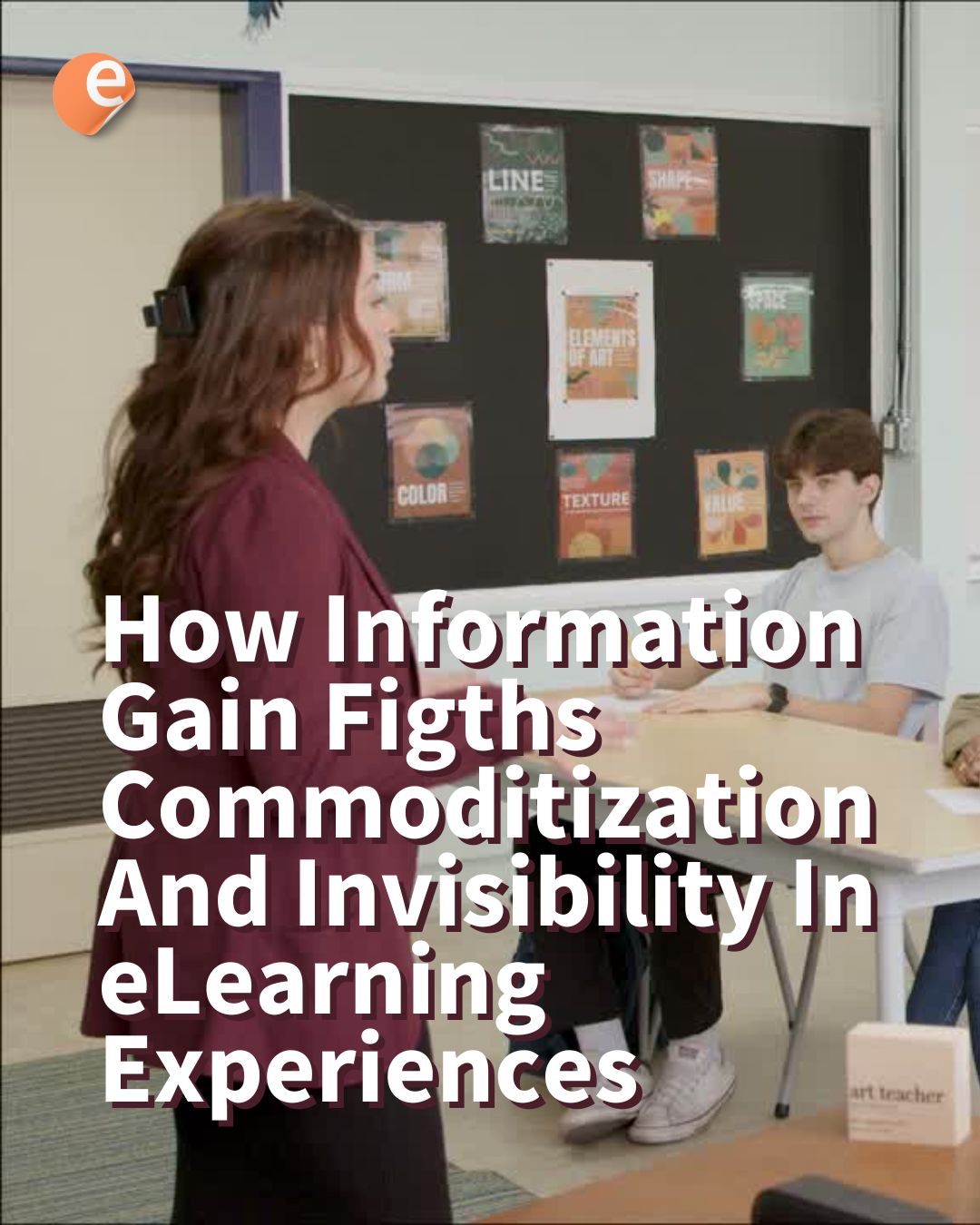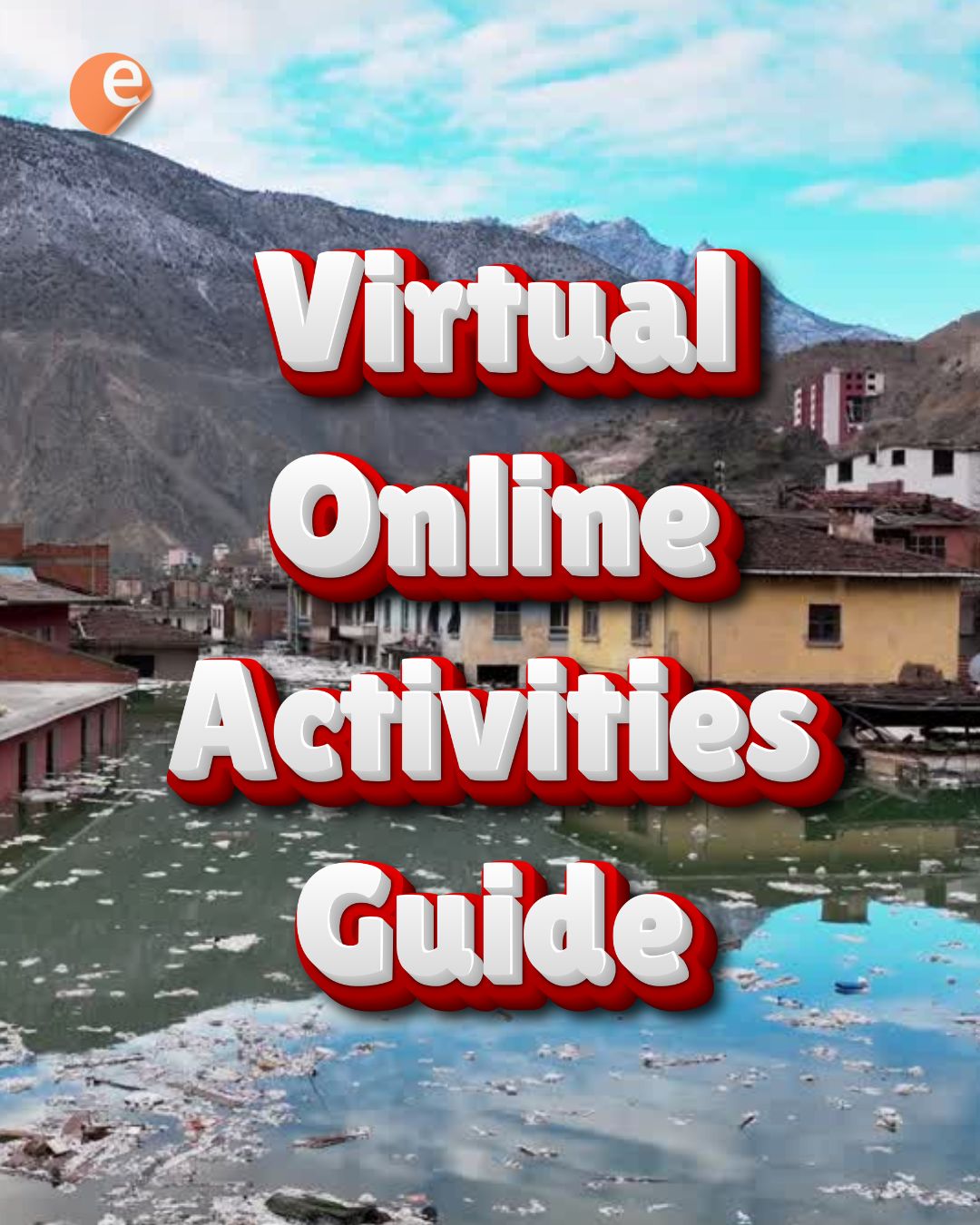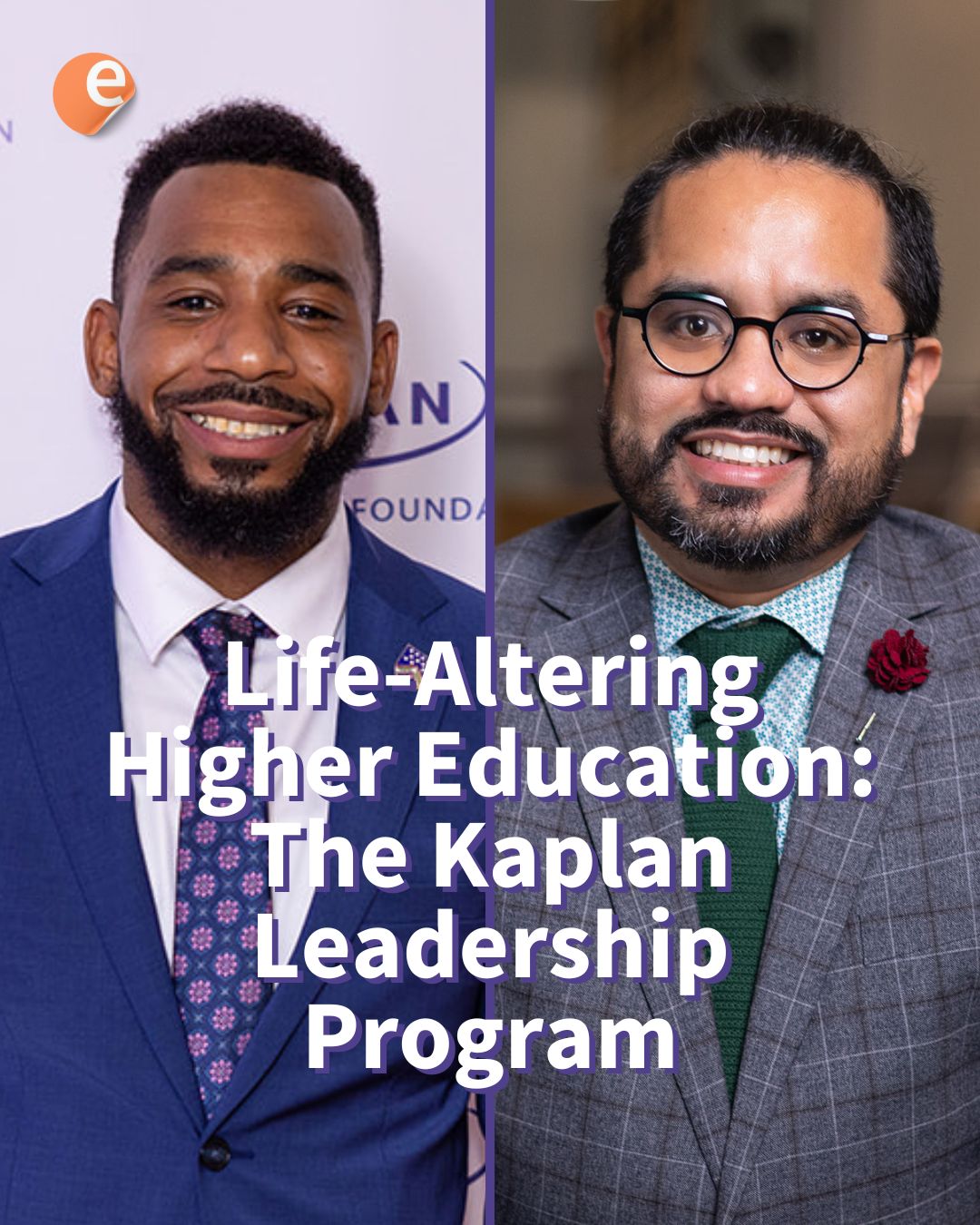Key Takeaway: Modern education must change and adapt to suit modern society. Most experts agree that older teaching methods do not always line up with modern goals and will not help students plan for their future careers.
With the invention of online systems and digital communications, we now live in a far more mobile and connected world than ever before. This has changed the way we live, from our working patterns to the ways we have fun. Modern education must recognize and reflect these changes in order to help students prepare for the types of jobs that are likely to be widely available in the future.
Teachers and educators must also understand that modern jobs come in all types of packages. It might not seem like “real work,” but people legitimately can make a living as a Youtuber, online freelancer, or designing artwork for online games or free slots online. What’s more, this is the landscape and environment that young people have grown up in. Educators owe it to young people to try to understand the modern world, in order to help their students feel prepared. Here are some of the traits that modern education can focus on to help students succeed in the work roles of the future.
Modern Education: How Is It Changing?
One of the most commonly cited problems with modern education in recent years has been its tendency to focus on learning by rote. Towards the end of the 20th century, schools tended to prioritize results targets and graded exams, which encouraged students to memorize large amounts of information. There have been many famous modern education quotes criticizing this method, including the quote from physicist Murray Gell-Mann.
Gell-Mann stated, “Modern education is like being taken to the world’s greatest restaurant and being forced to eat the menu.” Essentially, Gell-Mann suggests that modern youth could access all the knowledge and information in the world, but school systems convey this knowledge poorly. While there are many quotes on modern education system which run along similar lines, in the digital age, Gell-Mann’s quote is more relevant than ever before.
Basically, students no longer need to memorize information. The availability of information online makes focusing primarily on memory tests counterproductive. Although it is important for children to learn how to parse information and how to judge it in terms of content and accuracy, memorizing facts is not a priority. Rather than fight against the ubiquity of knowledge online, modern education should look at ways we can help children build critical thinking skills, among others.
Social and interpersonal skills are also helpful as these will help children navigate digital workplaces in creative ways, rather than focusing solely on results. Creativity and independent thought are likely to be more important skills in modern workplaces, as compared with working to prescribed structures. With this in mind, there are likely to be some great benefits of modern education systems that keep these changes in mind.
Which Qualities Will Modern Education Most Likely Focus On?
The question that modern educators and learning course designers must ask themselves is, what is modern education for? What skills do modern students need to develop and why and how can they best encourage students to develop these skills? The top traits that experts predict will be important for jobs in the future, are as follows:
Teamwork and Communication Skills
Just because modern workplaces are likely to be more digitally focused does not mean they will be less social. In fact, studies suggest that online workplaces encourage more voluntary collaboration than traditional office environments. Students in modern education environments, therefore, will be well served by performing exercises that ask them to work in groups to solve problems or complete tasks. This helps with the development of skills such as effective communication, leadership skills, and developing personal accountability within a team.
Critical Thinking
While most modern students will be familiar with digital technology, the development of modern education systems must help children learn how to parse online knowledge. This involves developing critical thinking skills i.e. not simply consuming information, but judging and questioning it. Educators can encourage students to develop these skills by asking them to evaluate information independently and to form an opinion based on knowledge they have acquired elsewhere. This helps foster independent thought and an ability to perceive bias or to quickly differentiate between accurate information and misinformation
Following Talent and Intuition
While older education systems are often focused on a general overview of subjects, more modern education methods often prioritize a more intuition-led and individually focused style of learning. Although in the past, this method was considered limited, modern educators believe that intuition-based learning opens doors for more thorough knowledge integration. Basically, the more interested you are in a subject, the more likely you are to research it in-depth and find pathways to other knowledge through this developed interest in learning. This emphasizes the importance of modern education resources, such as learning online, as there is more room for students to set their own lesson plans and build knowledge more organically.
Empathy and Sensitivity
The online world is a more diverse place than a traditional workplace environment. This means that the development of modern education systems must take this into account. Modern students should learn to consider other people’s perspectives and be more culturally aware. To thrive in an online job market, they must be aware that not everyone they meet will be like them. They must also be able to communicate with a wide range of people.
Developing skills such as empathy and social awareness is important for this. One of the advantages of modern education that incorporates online learning is that a much wider range of content is available. By learning through modern education technology and online resources, students can access an international database of content. This can set the stage for improved skills like language learning, effective communication, and more flexible reasoning.
Conclusion
In order to truly prepare modern students for their future careers, modern educators must understand the modern world. This includes engaging and understanding technological changes. It also involves recognizing the way that society has changed and what future jobs are likely to demand.
Do you work in education or childcare? What skills do you think your students need to succeed? Let us know in the comments!
About the author
Thomas Glare has been a freelance copywriter since 2012, and he’s taken this path after going on sabbatical after college. Thomas has worked with major companies and ultimately started a small business to cope with the overwhelming jobs that he landed.








